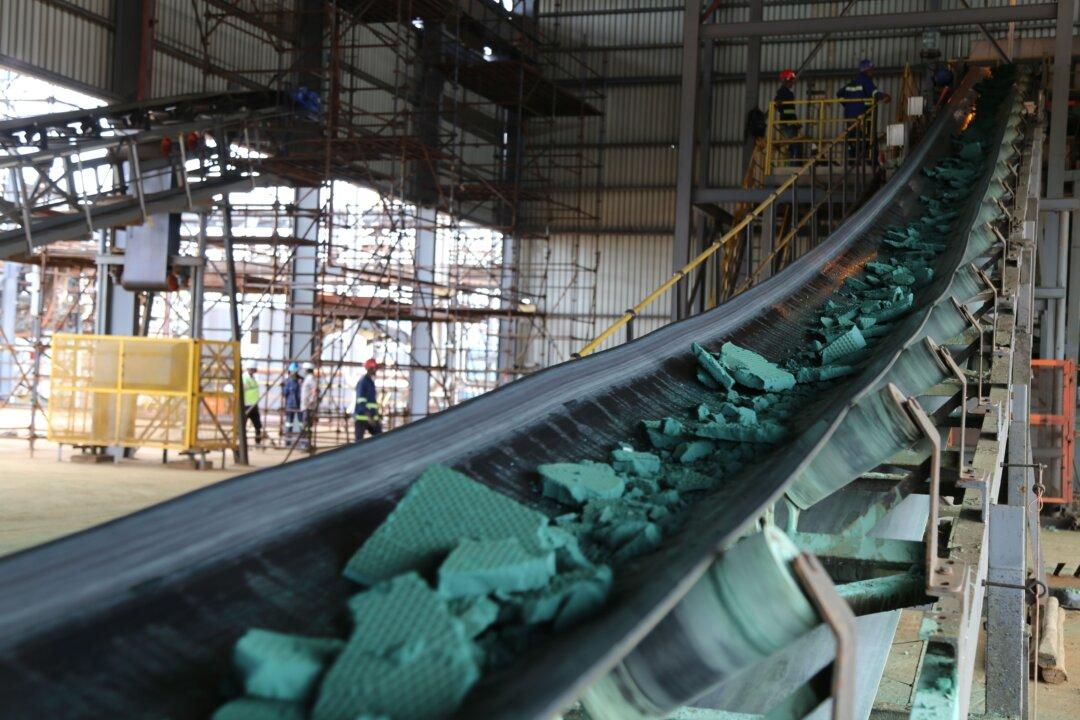An electric battery technology company has expanded its search for domestic cobalt to Idaho.
The Toronto-based Electra Battery Materials Corporation announced on Wednesday that it has acquired a 5.3-square-kilometer (just over two-square-mile) land package that will allow for more exploration of cobalt near the company’s current excavation efforts in the Idaho Cobalt Belt (ICB), a close to 40-mile long and eight-mile-wide cobalt deposit in east-central Idaho.





